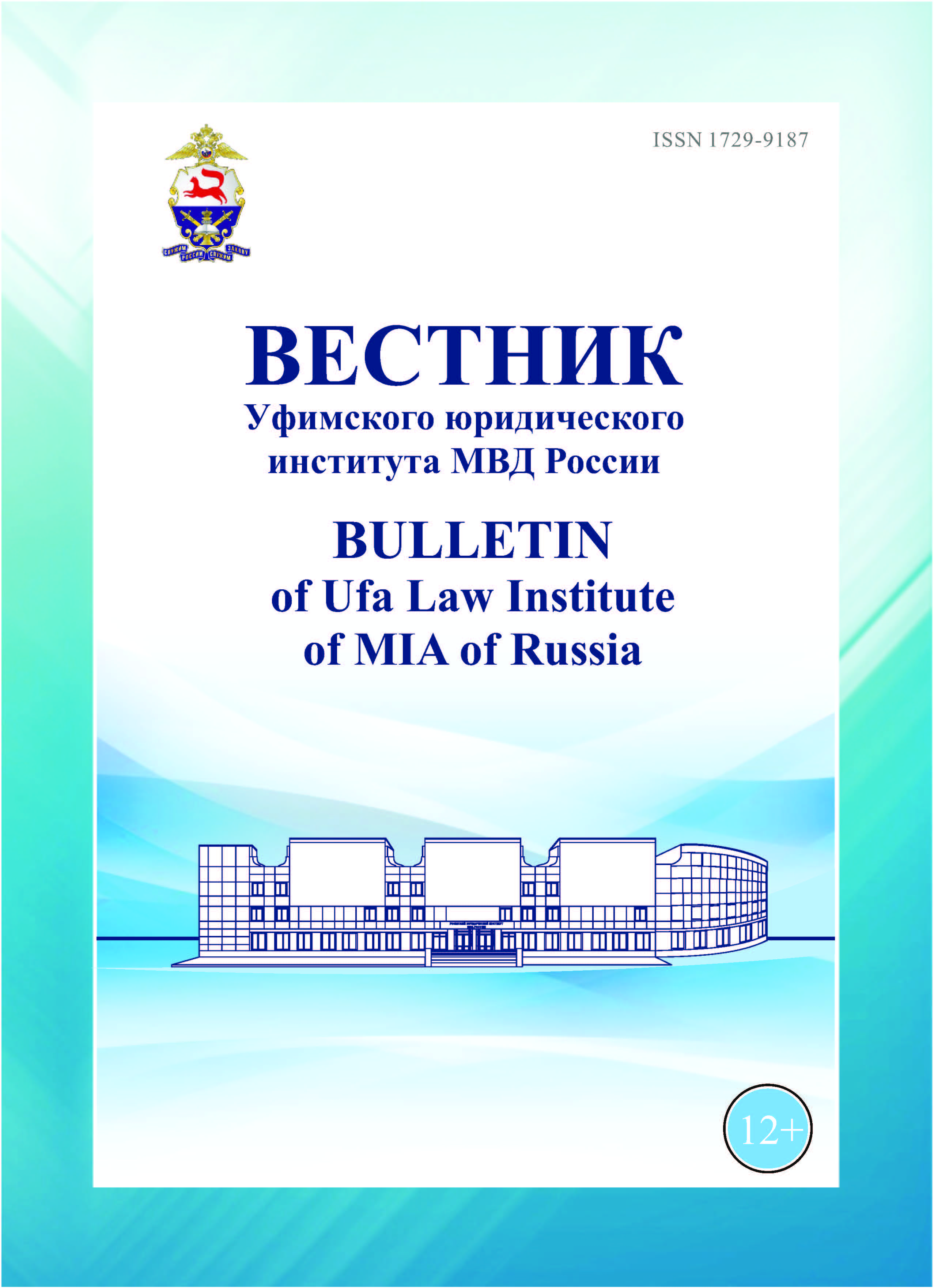UDC 349.2
The introduction of digital technologies into modern society covers all spheres of life, including the sphere of labor relations. This implies not only exclusively positive aspects, but also the presence of some problems. It is noted that the introduction of electronic technologies allows the use of new management methods in the organization, for example, the introduction of polygraphic research, which requires amendments to the current labor legislation. The analysis of some problems related to the electronic collection and processing of personal data is given. The problems of the introduction of remote labor are considered, it is noted that the employment contract for working by remote method has approached a civil law agreement in its characteristics. It is pointed out that the possibilities of electronic document management necessitate amendments to the norms of labor legislation governing the consideration of labor disputes. It is noted that the introduction of electronic document management methods necessitates the introduction of standards that would ensure timely and high-quality retraining of personnel.
digitalization of the economy, labor relations, remote labor, protection of workers’ rights
1. Roshchin S. Yu., Solntsev S. A. How companies are looking for employees: empirical estimates for Russian enterprises // Russian Journal of Management. 2017. V. 15. No. 2. S. 173–192. DOI:https://doi.org/10.21638/11701/ spbu18.2017.203. (In Russ.)
2. Belaya O. V., Kononenko D. B., Semchenkova M. N. Legal regulation of startups in the field of Big data (big data) // Business. Education. Right. Bulletin of the Volgograd Institute of Business. 2018. No. 1(42). P. 174−180. (In Russ.)
3. Vorobyov L. A., Panasenko G. N. Opportunities and prospects for the development of technologies based on Big Data in HR // Human resource management is the basis for the development of an innovative economy. 2015. No. 6. P. 67–75. (In Russ.)
4. Samofalova V. V., Posokhov S. E. Polygraph today: problems of application // Central Scientific Bulletin. 2018. V. 3. No. 10 (51). P. 22–24. (In Russ.)
5. Kuznetsov A. A., Rogozhina V. V. Polygraph – from history to the present day // Bulletin of modern research. 2018. No. 11-8 (26). P. 55–57. (In Russ.)
6. Lepetikova I. Yu., Kobzar' G. V Ispol'zovanie poligrafa v gosudarstvennom i municipal'nom upravlenii // Rostovskiy nauchnyy zhurnal. 2018. № 3. S. 22–29.
7. Dudchenko S. V. Opyt regulirovaniya distancionnogo truda rabotnikov v zarubezhnyh stranah // Mezhdunarodnyy nauchno-issledovatel'skiy zhurnal. 2022. № 1-4 (115). S. 98–100.
8. Kitaeva A. V. On the issue of legal regulation of the organization of remote work // Eurasian legal journal. 2022. No. 2. P. 231–232. (In Russ.)
9. Komkov S. A. Iskovaya davnost' v trudovom prave (teoriya i praktika pravoprimeneniya) // Sibirskiy yuridicheskiy vestnik. 2021. № 2 (93). S. 37–41.
10. Filyuschenko L. I. Povyshenie konkurentosposobnosti rabotnikov v usloviyah globalizacii ekonomiki // Trud i social'nye otnosheniya. 2016. № 2. S. 106–116.
11. Lepetikova I. Yu., Kobzar G. V. The use of the polygraph in state and municipal administration // Rostov scientific journal. 2018. No. 3. P. 22–29. (In Russ.)
12. Dudchenko S.V. Experience in regulating remote work of workers in foreign countries // International Scientific Research Journal. 2022. No. 1-4 (115). P. 98–100. (In Russ.)
13. Komkov S. A. Limitation period in labor law (theory and practice of law enforcement) // Siberian Legal Bulletin. 2021. No. 2 (93). P. 37–41. (In Russ.)
14. Filyushchenko L. I. Increasing the competitiveness of workers in the context of the globalization of the economy // Labor and social relations. 2016. No. 2. P. 106–116. (In Russ.









